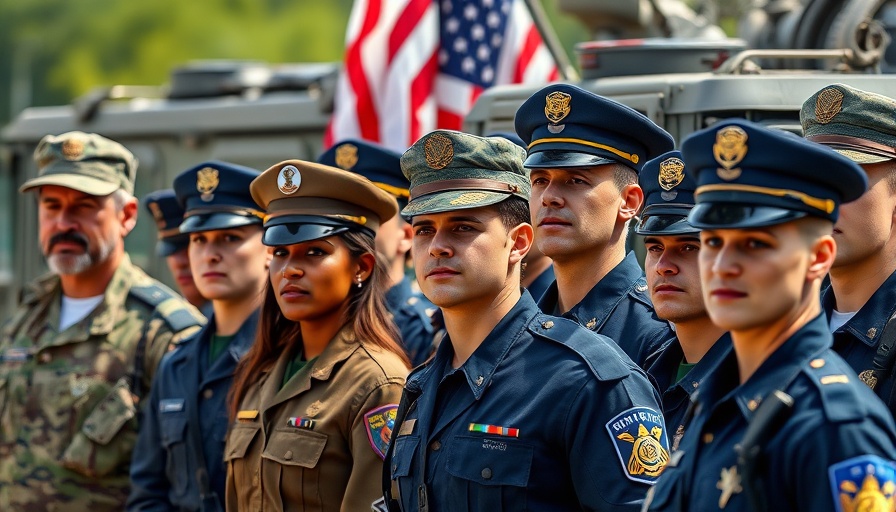
National Guard Deployment: A Divisive Issue in DC
The recent deployment of the National Guard in Washington D.C. has ignited a fierce debate among lawmakers and residents alike. Opinions are sharply divided between Republicans, who argue that the presence of troops enhances security, and Democrats, who perceive it as an overreach of federal power and a detriment to local authority. This clash underscores not only party lines but also deeper cultural and political divides within American society.
Historical Context: When Military Meets Politics
The National Guard has historically been called upon during times of crisis, from civil unrest to natural disasters. However, the current climate—a mix of political tension, protests, and calls for police reform—creates a particularly contentious backdrop. The deployment under President Trump reflects a growing trend where the military is increasingly seen as a tool for managing domestic disturbances, raising questions about the implications for civil liberties.
Perspectives from the Capitol: What Lawmakers Are Saying
The debate around the National Guard’s presence in D.C. is emblematic of broader concerns regarding law enforcement and national security. “They’re embarrassing us,” declared one outspoken member of Congress, reflecting a sentiment among those who believe that the military should not be tasked with controlling civilian issues. As the House of Representatives continues to grapple with these themes, the implications of this discussion echo far beyond the confines of Capitol Hill.
Effects on Community Sentiment: Public Response
Community members express concern about the militarization of American cities. While some believe the National Guard provides necessary protection amidst rising unrest, others feel it exacerbates the problem by creating a climate of fear and erosion of trust between the public and authorities. This dichotomy leaves citizens uncertain about their safety and the government's role in their lives.
The Future of National Guard Deployments: What’s on the Horizon?
As debates continue at the governmental level, the future of the National Guard's role in domestic spaces will likely draw increased scrutiny. Future deployments may rely heavily on public perception and the outcomes of ongoing protests. Experts warn that unless there is a concerted effort to address civil rights and community safety comprehensively, using the National Guard may only serve to deepen the divide between citizens and their government.
Call to Civic Engagement: What Can You Do?
As citizens, engaging with local representatives, attending town halls, and utilizing social media platforms to voice opinions can significantly impact how governance evolves with respect to military presence in civilian life. Staying informed about ongoing legislative discussions, particularly regarding policing and the use of the National Guard, can empower individuals to advocate for their communities effectively.
Conversations surrounding topics like national security, civil liberties, and community policing are essential in ensuring a balanced approach to governance. It is crucial for citizens to continue these dialogues, not only for current issues but for the future of American democracy.
 Add Element
Add Element  Add Row
Add Row 



Write A Comment